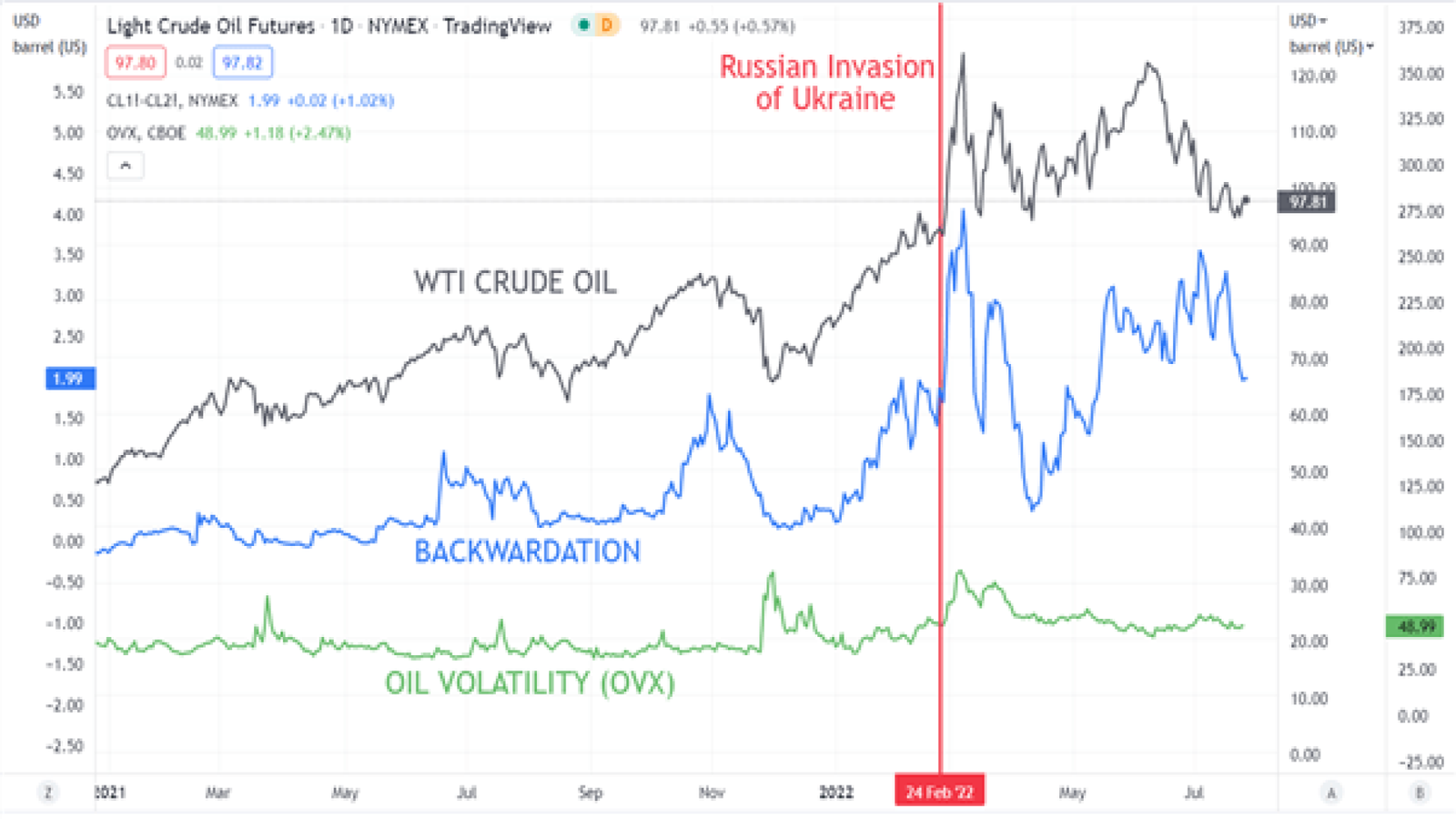Blog Details
US Stocks Rebound after Wall Street Puts its Money Where its Mouth is (Mar 17, 2023)
US Banks Band Together in Display of Confidence in the Banking Sector
The biggest banks in the US placed $30 billion in deposits at struggling First Republic Bank in the wake of increased withdrawals from nervous customers at midsized US banks. The first domino to fall was Silicon Valley Bank, followed by Silvergate Bank and Signature Bank.
While the treasury department assures the public that American banks are sufficiently capitalized, declining sentiment and faith in the overall banking sector has dragged down the share prices of even the largest, more highly regulated US banks.
In a show of confidence, 11 of the country’s biggest banks, under consultation with the US Treasury Secretary Janet Yellen and regulators in Washington, placed $30 billion worth of deposits with First Republic Bank – something that markets have responded to in a positive light. The larger banks have seen an uptick in deposits as they have been seen as safer alternatives to the midsized banks whose depositor profiles are heavily concentrated in the tech or crypto sectors.
The size of each individual bank’s deposits are well in excess of the FDIC insured limit in the event of a failure, meaning the large banks are sending a message to the public that the banking system is resilient and stable.
Risks of Contagion Remain in Europe
Elsewhere, the negative sentiment that has been following Credit Suisse around prior to the recent banking developments was further exacerbated when its main shareholder, the Saudi National Bank, publicly stated it cannot be relied upon for more financial support. Yesterday, news of a CHF 50 billion loan from the Swiss National Bank and an announcement that the bank looks to reduce some of its senior debt sent the share price up as much as 33% in the premarket. The 50 basis point hike by the ECB despite the turmoil suggests the central bank has complete faith in its tools that can be deployed should they need to, mainly via the Transmission Protection Instrument.
